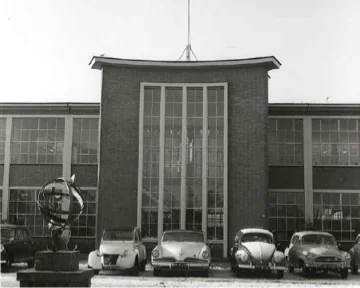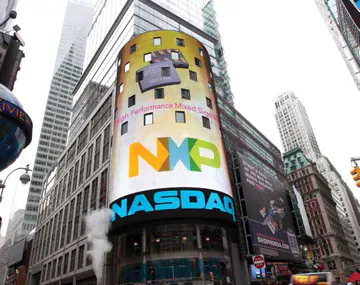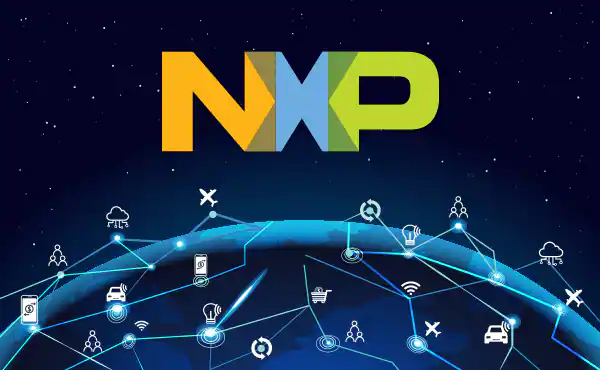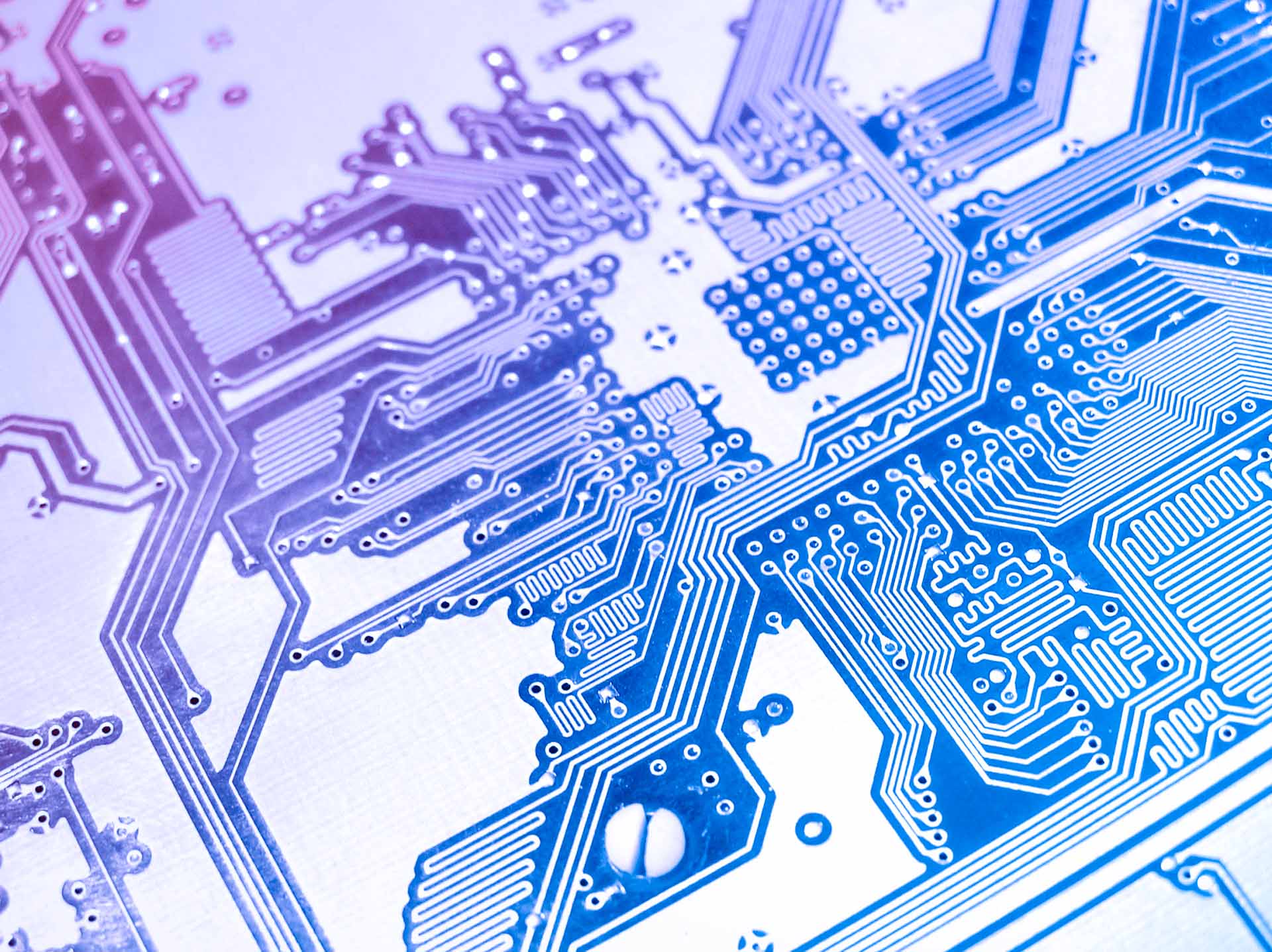NXP Semiconductors is a leading global provider of technology solutions for the automotive, industrial & IoT, mobile, and communication infrastructure markets. The company has a rich history of innovation and excellence, dating back to its origins as a spin-off from Philips in 2006. In this blog post, we will take a look at some of the milestones and achievements that have shaped NXP’s journey over the past 17 years.

The Birth of NXP
NXP was founded on September 1, 2006, when Philips sold 80.1% of its semiconductor division to a consortium of private equity investors. The new company was named NXP, which stands for “Next eXPerience”. The remaining 19.9% stake was retained by Philips until 2010, when it sold its shares to the consortium.
NXP inherited a legacy of semiconductor expertise and innovation from Philips, which had entered the industry in 1953 with its first chip production facility in Nijmegen, Netherlands. Philips had been involved in many breakthroughs in the field, such as the first complete radio on a chip (TDA7000) in 1983, the first CAN/LIN transceiver for in-vehicle networking in 1991, and the co-invention of Near Field Communication (NFC) with Sony and Inside Secure in 2002.
NXP also acquired Motorola’s semiconductor products sector in 2006, which became Freescale Semiconductor. Freescale had a similar history of pioneering achievements, such as the first commercial high-power transistor (germanium transistor for car radios) in 1955, the first words from the Moon to the Earth relayed by a Motorola transponder in 1969, and the first microprocessor-based engine control module for reducing fuel consumption and emissions in 1980.

The Growth of NXP
NXP started its journey with a focus on four end markets: automotive, identification, wireless infrastructure, and mobile & personal. The company aimed to leverage its strengths in mixed-signal processing, RF technology, security, and power management to deliver innovative solutions for its customers.
Some of the notable products and achievements that NXP launched or accomplished in its first decade include:
- The world’s first fully integrated digital TV processor containing around 350 million transistors (PNX85500) in 2009.
- The world’s first micro hybrid power chip for start and stop systems (TEA1716) in 2009.
- The world’s first NFC controller for mobile phones (PN544) in 2009.
- The world’s first single-chip solution for smart meters (JN5148) in 2010.
- The world’s first automotive radar transceiver with integrated antenna (TEF810x) in 2011.
- The world’s first secure element for NFC-enabled SIM cards (SmartMX2 P60) in 2012.
- The world’s first multi-standard wireless charging transmitter IC (NXQ1TXA5) in 2013.
- The world’s first Cortex-M0+ microcontroller with USB (LPC11U00) in 2013.
- The world’s first automotive Ethernet transceiver compliant with BroadR-Reach standard (TJA1100) in 2014.

The Merger of NXP and Freescale
In March 2015, NXP announced that it would merge with Freescale Semiconductor, creating a semiconductor powerhouse with combined revenues of over $10 billion. The merger was completed on December 7, 2015, after receiving regulatory approvals from various countries.
The merger brought together complementary portfolios and capabilities, enabling NXP to offer a broader range of solutions for its target markets. NXP became the market leader in automotive semiconductors, with a strong presence in infotainment, networking, safety, and security. NXP also gained access to Freescale’s expertise in microcontrollers, sensors, analog products, and RF power amplifiers.
Some of the benefits and synergies that resulted from the merger include:
- Enhanced scale and efficiency through operational excellence and cost savings.
- Increased innovation and differentiation through cross-fertilization of technologies and platforms.
- Expanded customer reach and market penetration through cross-selling opportunities and channel optimization.
- Accelerated growth and profitability through portfolio optimization and strategic investments.

The Future of NXP
NXP has continued to grow and innovate in the past few years, despite facing some challenges and uncertainties in the global semiconductor industry. The company has launched new products and solutions that address the emerging trends and needs of its customers, such as:
- The world’s first 5G-ready multi-chip module for cellular base stations (AFSC5G40E40) in 2018.
- The world’s first automotive-grade NFC tag with tamper detection (NTAG 424 DNA) in 2019.
- The world’s first microcontroller with embedded machine learning accelerator (i.MX RT685) in 2020.
- The world’s first automotive microcontroller with embedded radar processing (S32R294) in 2020.
- The world’s first Wi-Fi 6 and Bluetooth 5.2 combo chip for IoT applications (88W9098) in 2021.
NXP has also made strategic acquisitions and partnerships to strengthen its position and capabilities in key markets and domains, such as:
- The acquisition of Marvell’s Wi-Fi and Bluetooth connectivity assets in 2019, enhancing NXP’s wireless portfolio and expertise.
- The acquisition of OmniPHY in 2019, expanding NXP’s automotive Ethernet portfolio and technology.
- The acquisition of Kalray in 2021, adding high-performance computing and AI capabilities to NXP’s edge processing solutions.
- The partnership with Amazon Web Services (AWS) in 2020, enabling NXP’s edge devices to seamlessly connect and interact with AWS cloud services.
NXP is also committed to sustainability and social responsibility, as reflected in its vision, values, and actions. The company has set ambitious goals and targets to reduce its environmental impact, improve its social performance, and enhance its governance practices. Some of the highlights of NXP’s sustainability efforts include:
- Achieving carbon neutrality across all its operations by 2030.
- Reducing its water consumption by 30% per unit of production by 2030.
- Increasing its renewable energy usage to 100% by 2030.
- Supporting the United Nations’ Sustainable Development Goals (SDGs) through various initiatives and programs.
- Being recognized as one of the World’s Most Ethical Companies by Ethisphere Institute for four consecutive years (2018-2021).
NXP has its 17th anniversary on 2023, marking a significant milestone in its history. The company has come a long way since its inception, but it is not resting on its laurels. NXP is looking ahead to the future, with a vision to create a smarter and more connected world. NXP is ready to face the challenges and opportunities that lie ahead, with a passion for innovation, a focus on customer satisfaction, and a commitment to excellence.
Share to your social below!

Your point of view caught my eye and was very interesting. Thanks. I have a question for you.
I was looking at some of your content on this site and
I conceive this website is real informative! Keep posting.Leadership
Thanks for sharing. I read many of your blog posts, cool, your blog is very good.